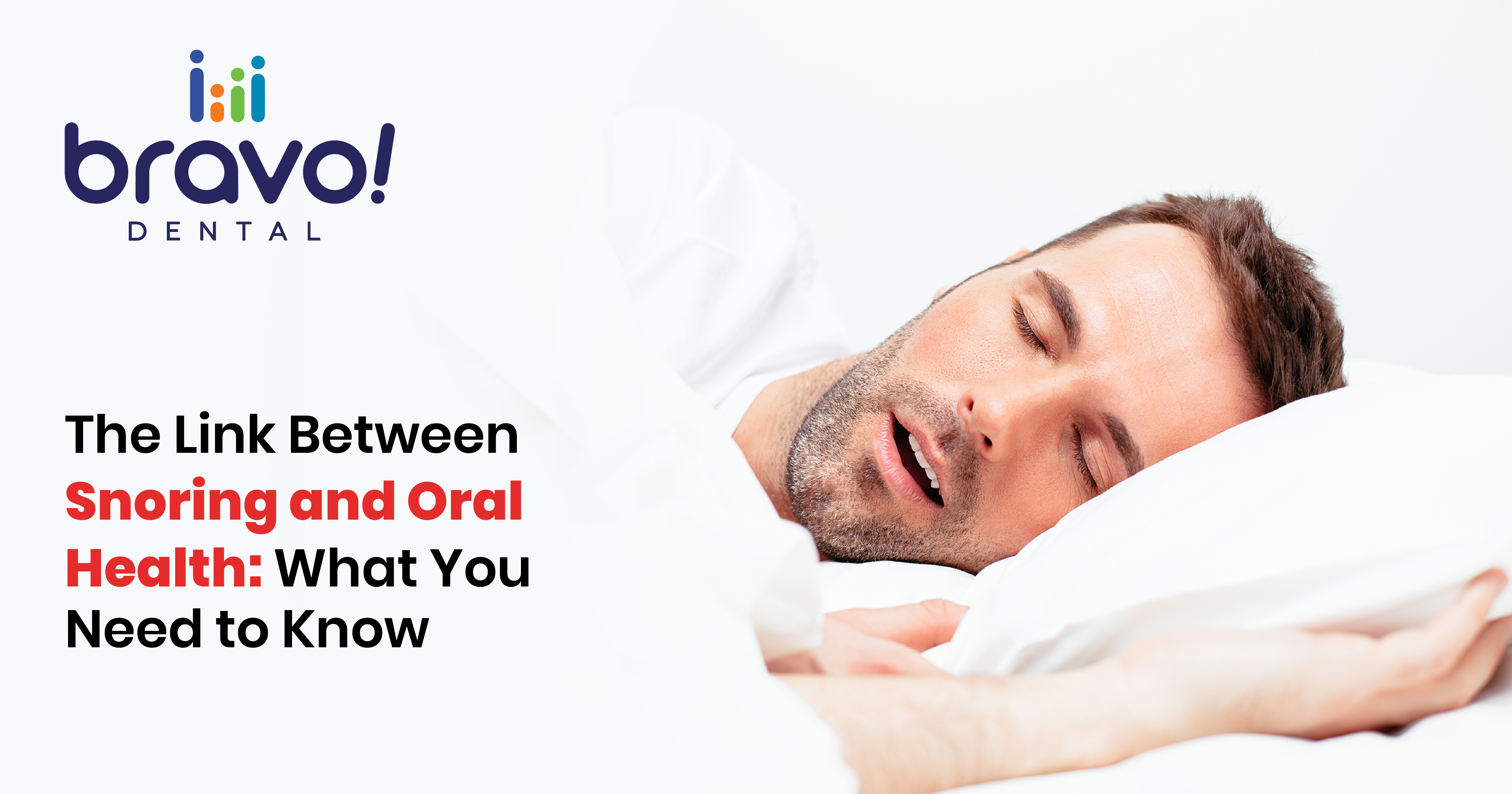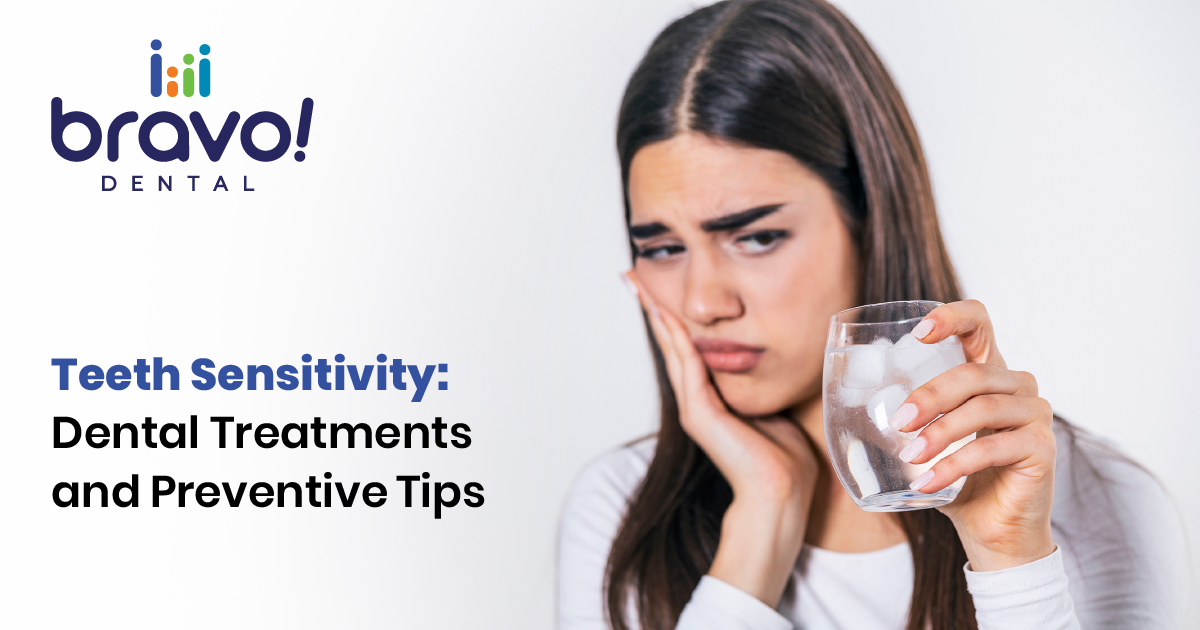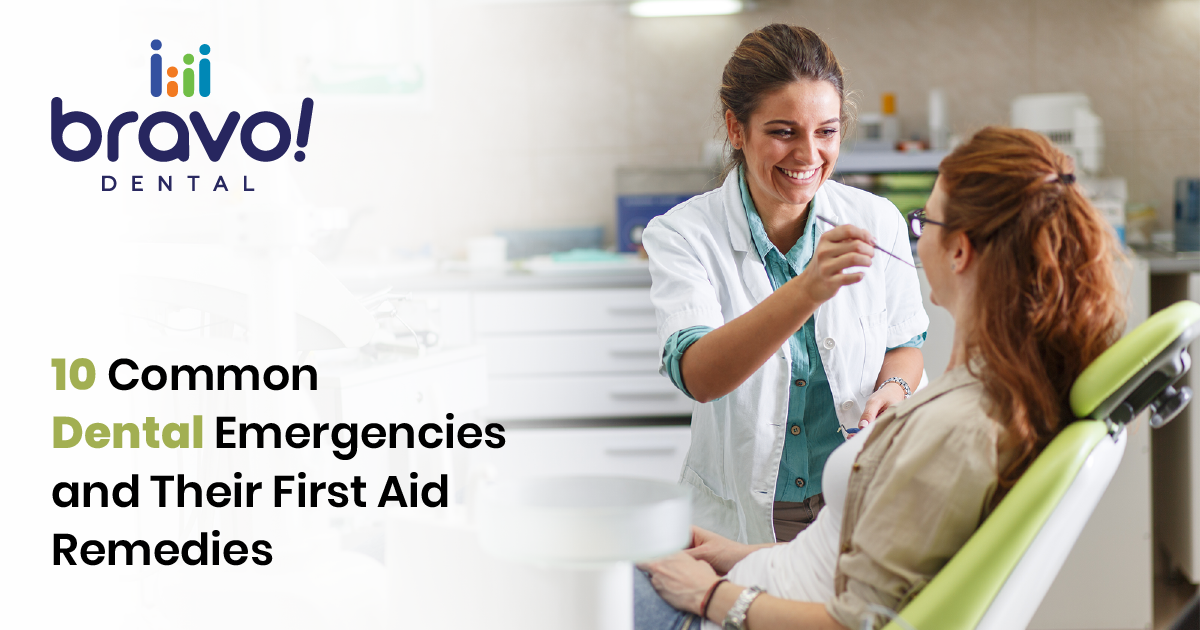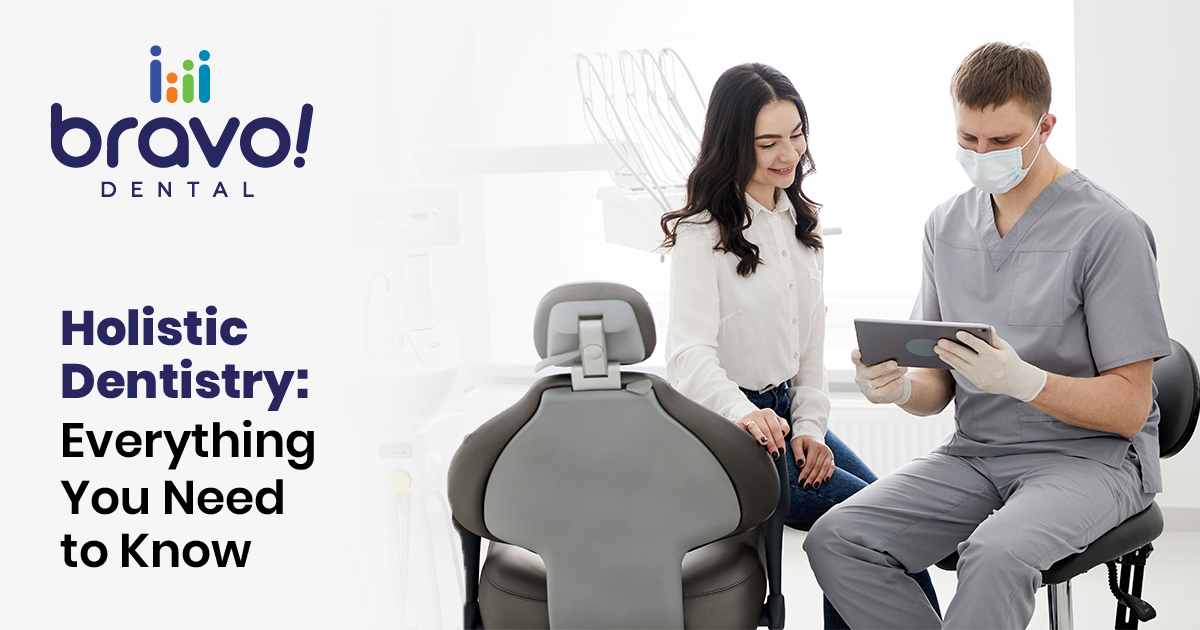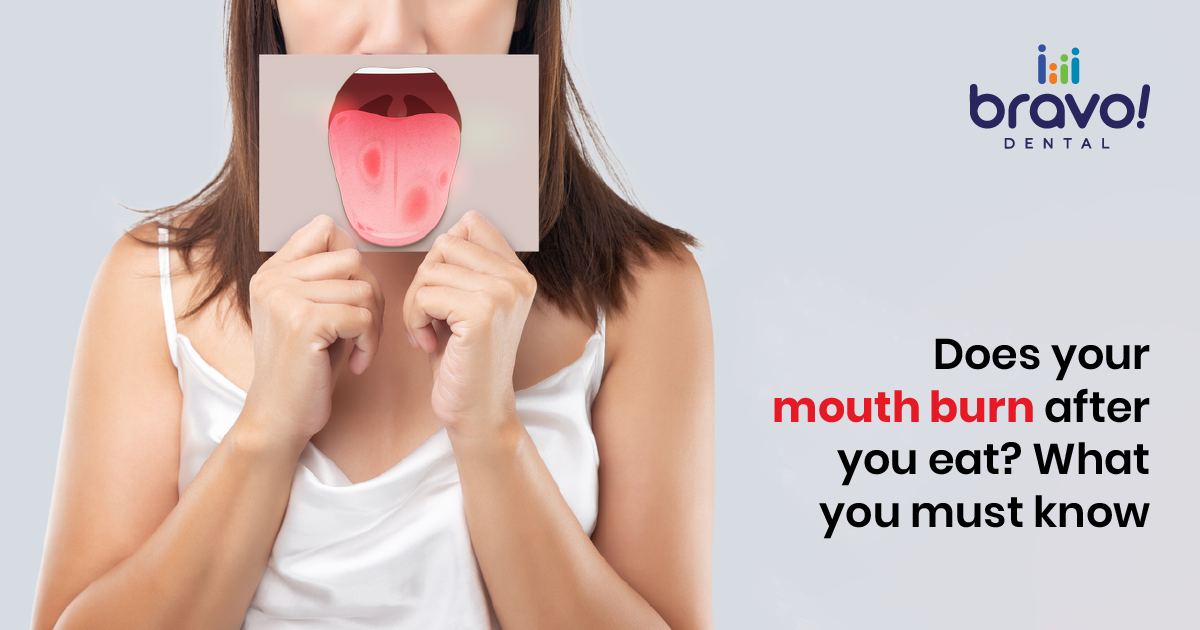
If your mouth burns after eating, you may have a condition called burning mouth syndrome (BMS). Several factors might cause the feeling. The tongue, gums, lips, inside of your cheeks, palate, or other regions of your mouth may be affected. The searing sensation can be intense, as if your mouth has been scalded.
The onset of burning mouth syndrome is generally rapid, although it can sometimes build over time. Unfortunately, the exact cause is frequently unknown. It is more common in women between 50 and 70, especially if they are going through menopause.
Burning Mouth Syndrome Symptoms
Though you have burning mouth syndrome, your mouth may actually feel as if it has just been recently exposed to hot coffee or soup. But each person’s experience is unique – Symptoms of burning mouth syndrome generally include:
- Tongue numbness or tingling feeling
- Having difficulty swallowing
- Parched mouth
- Throat irritation
- Changes in flavor
Primary Causes:
Primary or idiopathic burning mouth syndrome occurs when no clinical or laboratory abnormalities may be found. Primary burning mouth syndrome has been linked to difficulties with taste and sensory nerves in the peripheral and central nervous systems.
Secondary Causes:
An underlying medical problem can sometimes induce burning mouth syndrome. It’s known as secondary burning mouth syndrome in these circumstances.
The following are some of the underlying issues that may be connected to secondary burning mouth syndrome:
- Dry mouth caused by a variety of drugs, health issues, or cancer therapy side effects
- Other oral illnesses such as a fungal infection inflammatory condition known as oral lichen planus
- Food allergies, flavorings, other additives, scents, colors, or dental-work compounds
- Habits such as tongue pushing, biting the tip of the tongue, and teeth grinding
- Diabetes and thyroid problems
- Using abrasive toothpaste, overusing mouthwashes, or drinking too many acidic drinks can cause excessive mouth irritation
- Anxiety, depression, or stress are examples of psychological issues
Treatment for Burning Mouth Syndrome
The source of your pain, which may be treated with a tailored approach, determines how to treat BMS. If your mouth feels like it’s on fire, you should see your dentist right away.
The doctor may recommend one or more of the following therapies, depending on the reason for your burning mouth syndrome:
- Amitriptyline (Elavil) and nortriptyline, for example, are medicines that aid alleviate nerve pain (Aventyl, Pamelor)
- Capsaicin is a hot pepper-derived pain reliever
- Low dosages of clonazepam (Klonopin)
- Replacement of female hormones
- Mouthwashes
- Salivary supplemental products
- Vitamin supplements
- There are a few things you may do to aid with your symptoms as well:
Avoid acidic foods, such as tomatoes and orange and citrus juices
- Avoid alcohol, particularly mouthwashes containing alcohol
- Cinnamon and mint should be avoided
- Spicy meals should be avoided
- Tobacco should be avoided
- Chew sugar-free gum (to increase saliva production)
- Drink plenty of water
- Yoga or hobbies might help you relax
- Use a piece of crushed ice during oral discomfort
People with burning mouth syndrome suffer from a painful and frequently frustrating condition. If you’re experiencing any of these feelings, don’t ignore them. Come see us at Bravo Dental right away. We promise you quick and sure relief for any oral pain you may be experiencing.
happy to hear from you, contact us
Fill out the contact form below and Feel free to send any question or query.
